Sustainability
Overview
We believe that balance between the economic, social and environmental aspects in managing our assets has positive impacts on the environment where we act and in the sector as a whole, in the short and long term.
We have worked on different fronts to implement effective actions to manage our assets, maintaining our operations and respecting the environment and neighboring communities.
Environment
The concessionaires we manage hold regular environmental licensing, maintaining the most stringent standards of management and compliance with legal obligations. The size of our ventures means that we have a variety of obligations to fulfill, including mitigating and compensatory measures.
SOCIAL AND ENVIRONMENTAL Programs
Environmental Education, Social Communication and Campaigns to Raise Awareness about fires, all included in the Company’s Stakeholder Engagement Plan;
ENVIRONMENTAL PROGRAMS
Animal Monitoring, Monitoring of erosive processes; Forestry
Replacement and Environmental compensation.
We understand that a view of the environment where we are is crucial to keeping our asset operating regularly and avoiding environmental incidents, which is why we prioritize preventive actions and monitoring.
Our social and environmental programs are aimed at providing access to stakeholders through dialog and educational reporting on listening channels. This means that in addition to initiatives in communities where we operate, we have an Ombudsman available to everyone.
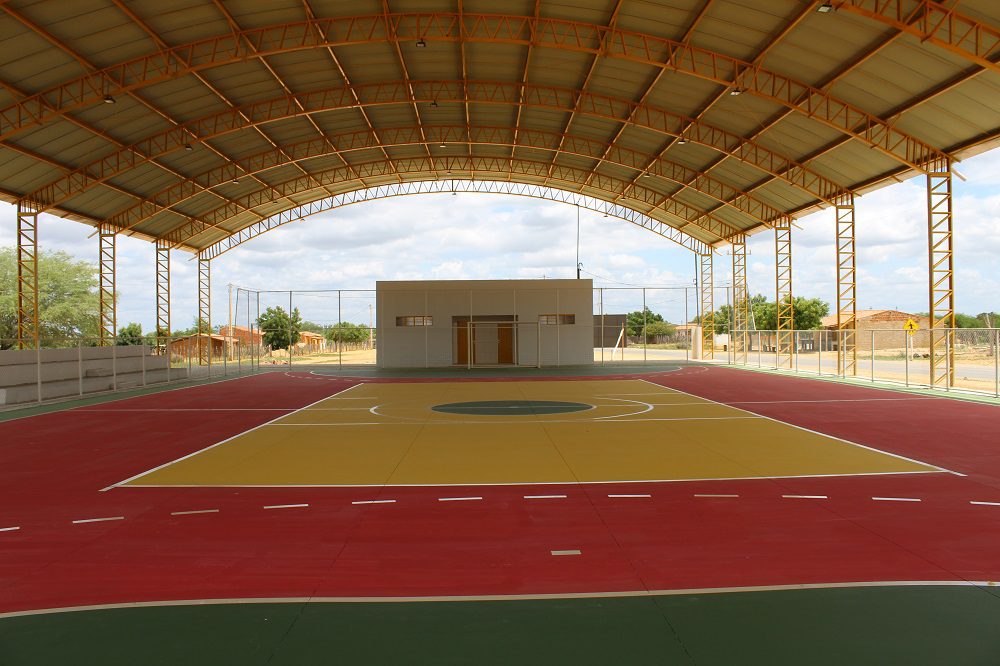
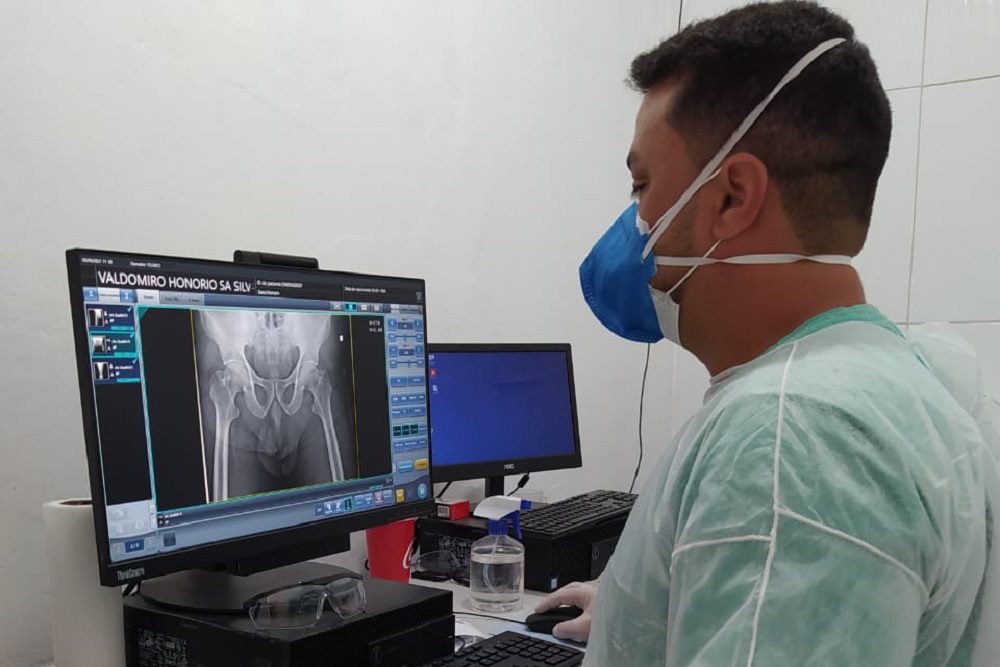
Reporting
Quantum strives for transparent and relevant communication, with integrity, clarity and precision in relation to information of a qualitative or quantitative nature, guaranteeing the well-being of its stakeholders and
relationships with its concessions. One instrument is the publication of Annual Social and Environmental Responsibility Reports.
Quantum is continually developing its Stakeholder Engagement Plan, through analyses and respect for the company’s sustainability, which considers environmental, social and economic variables.
At the end of 2021, the company put together its first corporate materiality matrix within the Stakeholder Engagement Plan, recognizing key actors in the company’s circle of influence, as well as the best way to involve them in its strategic planning. The matrix is the result of the convergence between Quantum’s vision and the perceptions of its stakeholders: internal public, service providers, market analysts, government and communities neighboring its ventures, industry associations and trade media.
Agendas are defined based on national and international studies on the power sector when consulting stakeholders. Agendas also consider the challenges and opportunities for companies operating within the Brazilian context, GRI guidelines and, to a lesser extent, AA1000 guidelines for stakeholder engagement, sustainable development goals (SDG), the UN Global Compact and the ISO 26000 social responsibility standard.


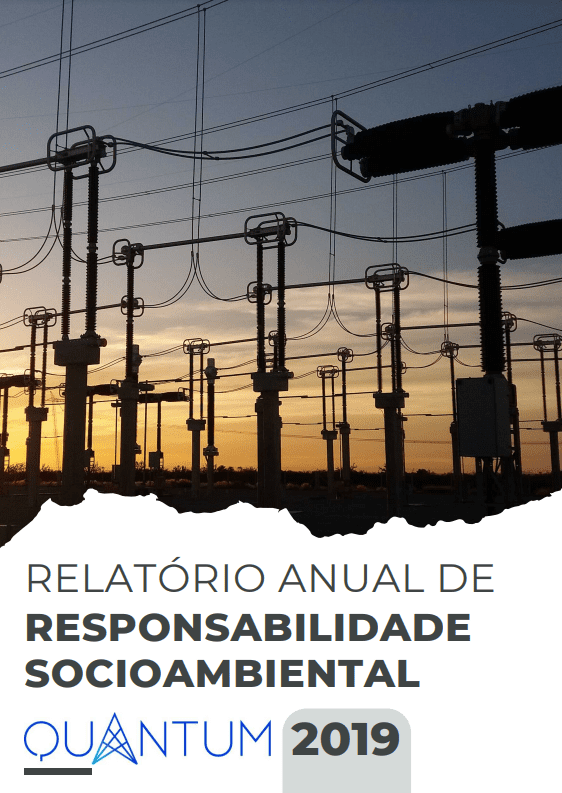
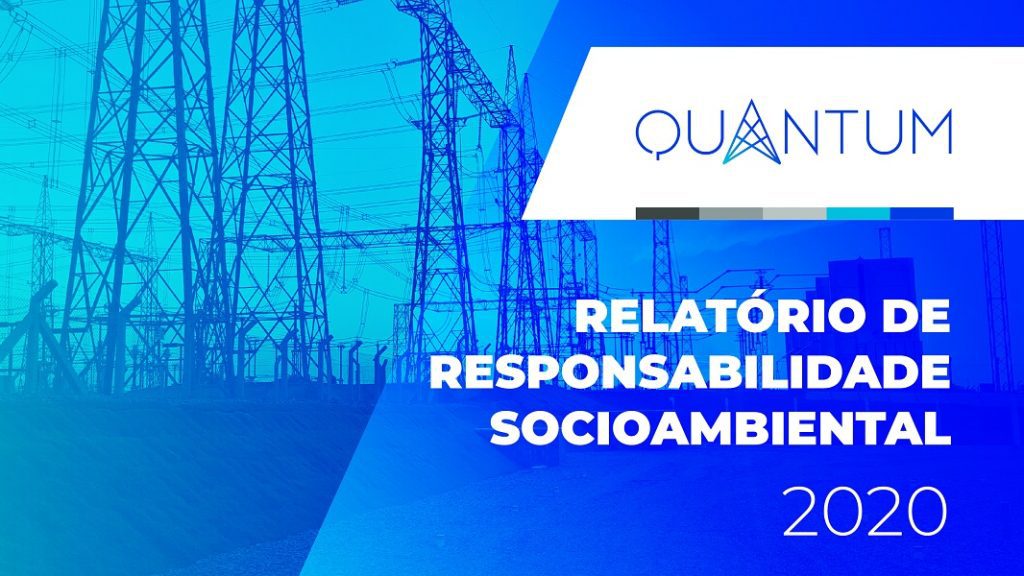
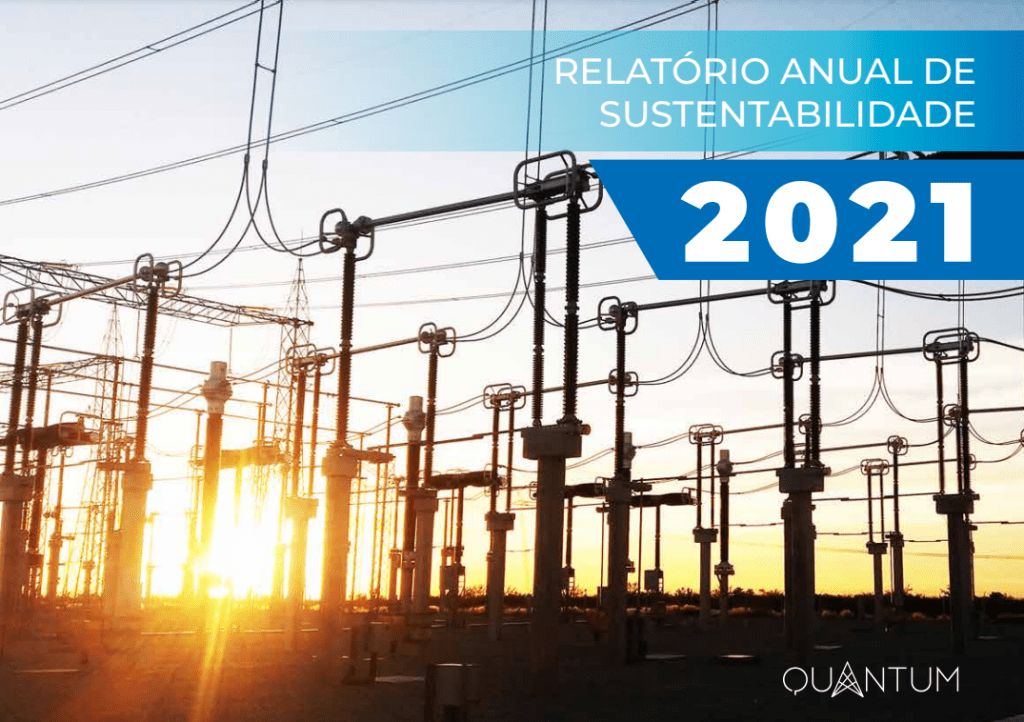
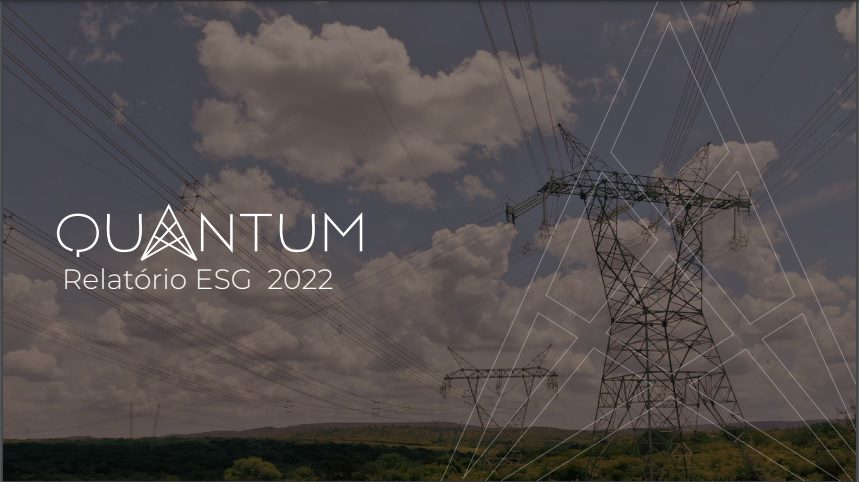

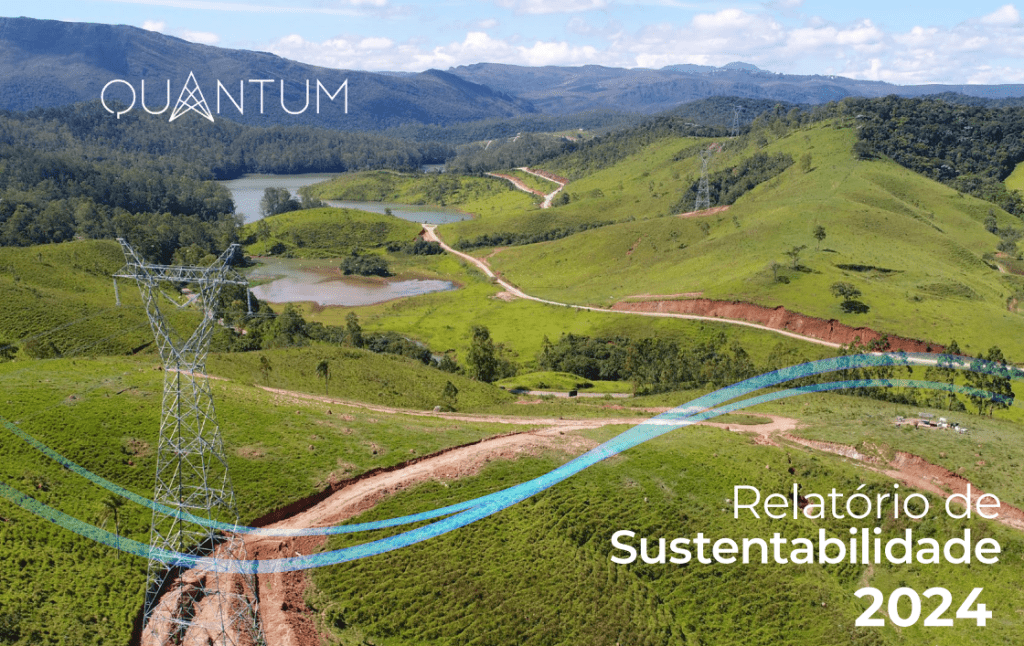
Social
We concluded four Social Commitment Projects funded by the Brazilian Development Bank – BNDES to contribute to needs in the communities where the company operates. Two projects serve the region where the Esperanza Transmission Lines are located and two serve the Odoyá Transmission Lines region.
Esperanza
The “Family Farming Empowerment” project is aimed at fostering entrepreneurship and empowerment for family farmers in 30 rural communities in Açu (RN), who were selected according to their potential agricultural production or to make artisanal products.
While the “Farming and Entrepreneurial Families Are Possible” project is aimed at strengthening 13 Rural Community Associations located in the rural zone of the municipality of Tabuleiro do Norte (CE), through technical training to improve production chains, logistics and the sale of products. The main goal was to contribute to providing support to 13 Municipal Civil Society Organizations (Rural Community Associations), promoting their integration and, based on this, execution of developmental activities. It also led to empowering 130 farming families who are members of participating community associations, fostering entrepreneurship and supporting the building of a production chain geared toward the sale of products, aimed at the economic and social development of those involved.
The project had a final price tag of R$ 736,600.86, with R$ 728,285.21 financed by the Brazilian Development Bank and R$ 8,315.65 by Esperanza.
Odoyá
The “Re-qualifying Education in the Field” Project helps the relationship between students and school, investing in physical infrastructure at the São José and Antônio Francisco de Oliveira Schools in Juazeiro – BA.
The “Support Sapeaçu-BA in Fighting COVID-19” Project was focused on the health emergency caused by the coronavirus pandemic, shoring up the municipal health system in Sapeaçu (BA) to fight the illness. The general goal was to improve the quality of public health services in Sapeaçu – BA in fighting COVID-19, by supplying personal protective equipment and hospital equipment, with the highest standards of quality, to reduce rates of mortality and strengthen the system for fighting COVID-19, while also promoting food donations to families in socially vulnerable situations in the city. The project’s target public is the entire population of the municipality of Sapeaçu, estimated at 17,409 inhabitants (IBGE, 2020).
A total of R$ 1,541,928.48 was disbursed by the Brazilian Development Bank, with Odoyá providing R$ 401,758.28 in funds made available during the course of the projects.